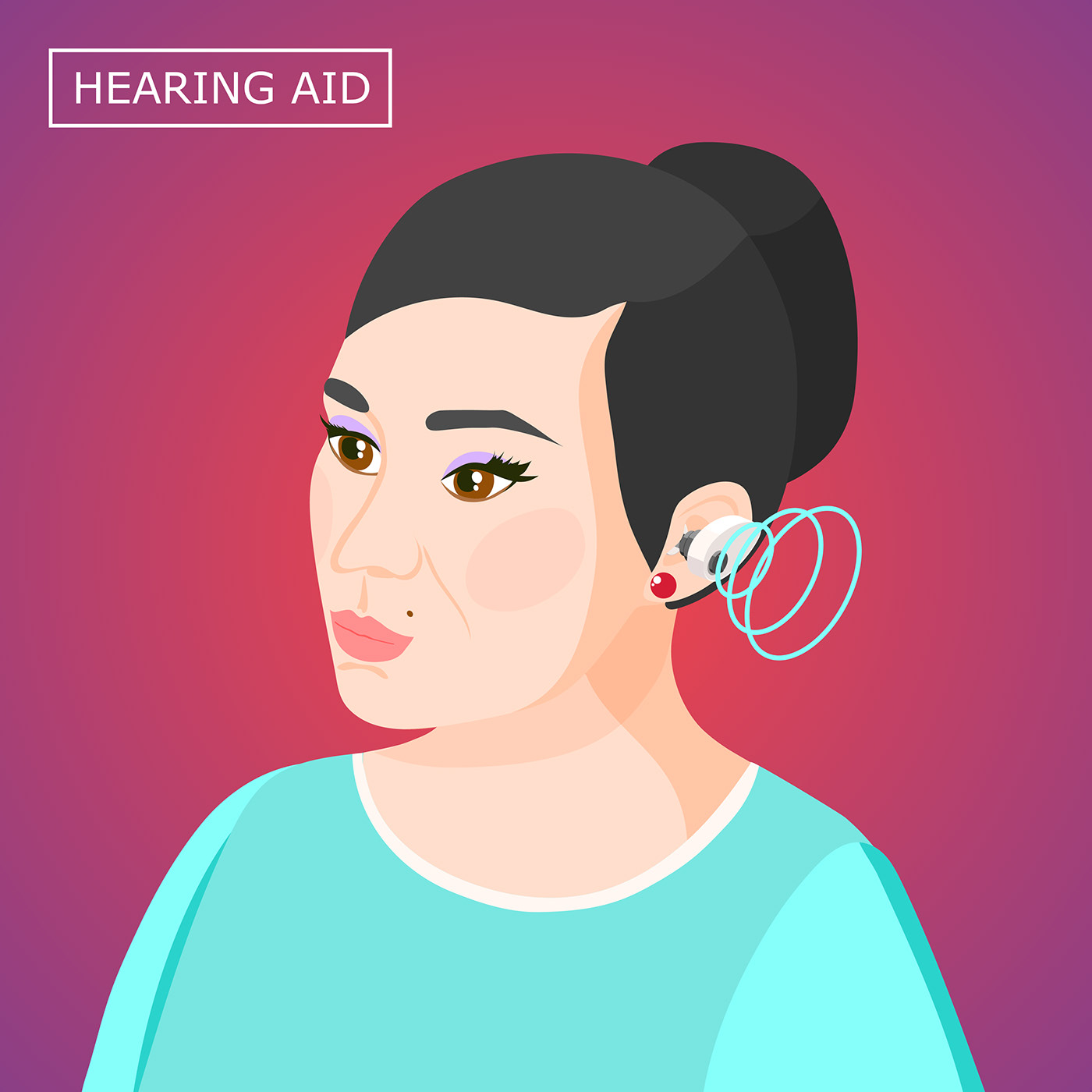Do You Suffer From Tinnitus (Ringing In The Ear)?

Let’s begin with the good news. For those with tinnitus, there most often is something that can be done to completely eliminate the conscious perception of tinnitus or, if not eliminate it, greatly reduce its level of annoyance. Tinnitus is possibly the most frequent complaint presented to hearing care professionals with nearly 30% of those over 65 years of age reporting the presence of tinnitus. Still, physicians commonly, and erroneously, advise patients that they simply must learn to live with it.
FIRST THINGS FIRST
An old Gary Larson cartoon depicts a balding man sitting on the side of his bed reading a sign on the wall that reads, “Pants first, then your shoes.” Clearly in life, things should be done in the proper order. And so it is with tinnitus. There are certain things that should be attended to before all else. If you are bothered by tinnitus, you should first schedule a comprehensive audiologic (hearing) evaluation. Testing will distinguish if any identified hearing loss may have an underlying ear pathology warranting further evaluation with an ear, nose, and throat physician. If potential ear pathology is identified, it is imperative that this be treated before beginning any other tinnitus treatment program as medical or surgical treatment of ear pathology with tinnitus may alleviate the tinnitus symptom.
If the hearing test reveals normal hearing or a sensory/neural hearing loss (usually brought on through noise exposure or aging and not treatable medically), you should see your primary care physician for a physical to rule out tinnitus as a symptom of conditions that may need attention such as high blood pressure, high or low blood sugar, high cholesterol, or anemia. Finally, a variety of prescription and nonprescription medications can have tinnitus as a side effect. Check with your physician or pharmacist to see if tinnitus is a potential side effect of any of the medications, or combination of medications, that you are taking. There may be alternate medications that you can take.
Tinnitus is most often unrelated to any medical conditions or medications. Following the audiologic evaluation, if no ear disorders are identified other than a possible sensory/neural hearing loss, and potential medical or pharmaceutical contributors to tinnitus have been ruled out or attended to, your audiologist may conduct a tinnitus interview and evaluation to determine the characteristics of your tinnitus and its effects on your lifestyle. At that point, appropriate recommendations can be given for the management of your tinnitus. [NOTE from Gore Hearing :Gore Hearing offers hearing aids with Tinnitus Management built into them]
IN THE MEANTIME
Avoid exposure to loud sounds and noises. It is well documented that exposure to intense sounds can often be the underlying cause of tinnitus as well as an aggravator to current tinnitus. If you cannot avoid loud sounds, protect your hearing with earplugs or noise-dampening muffs and strive to take frequent breaks from the noise.
Stress can aggravate tinnitus. To the extent possible, avoid those things that add stress to your life. Learn techniques of relaxation and use them when you feel stressed.
